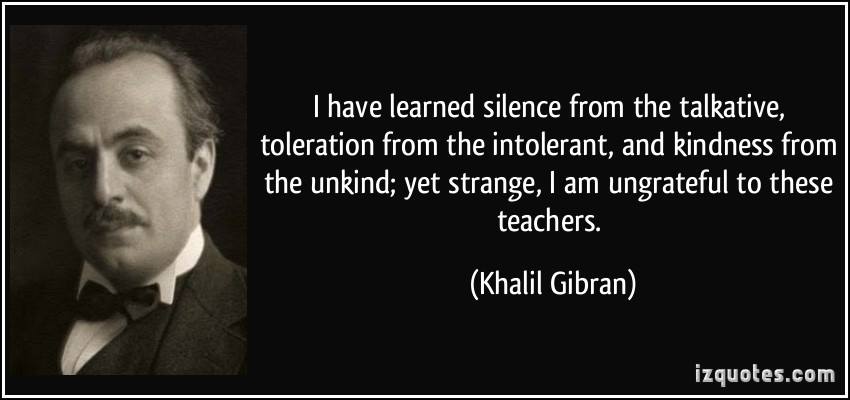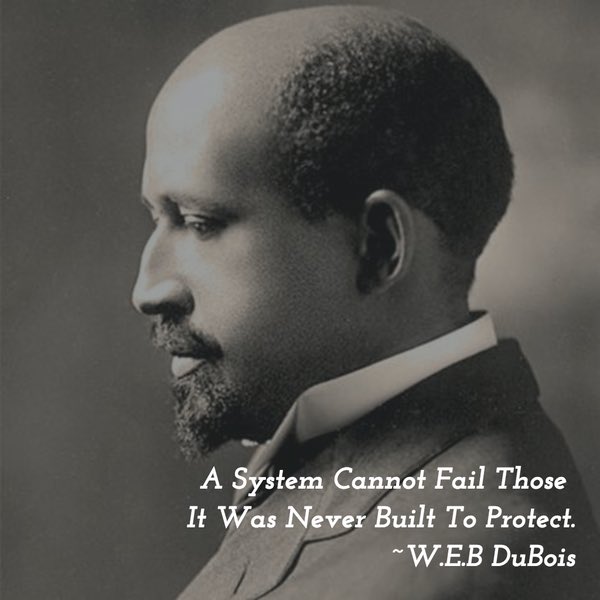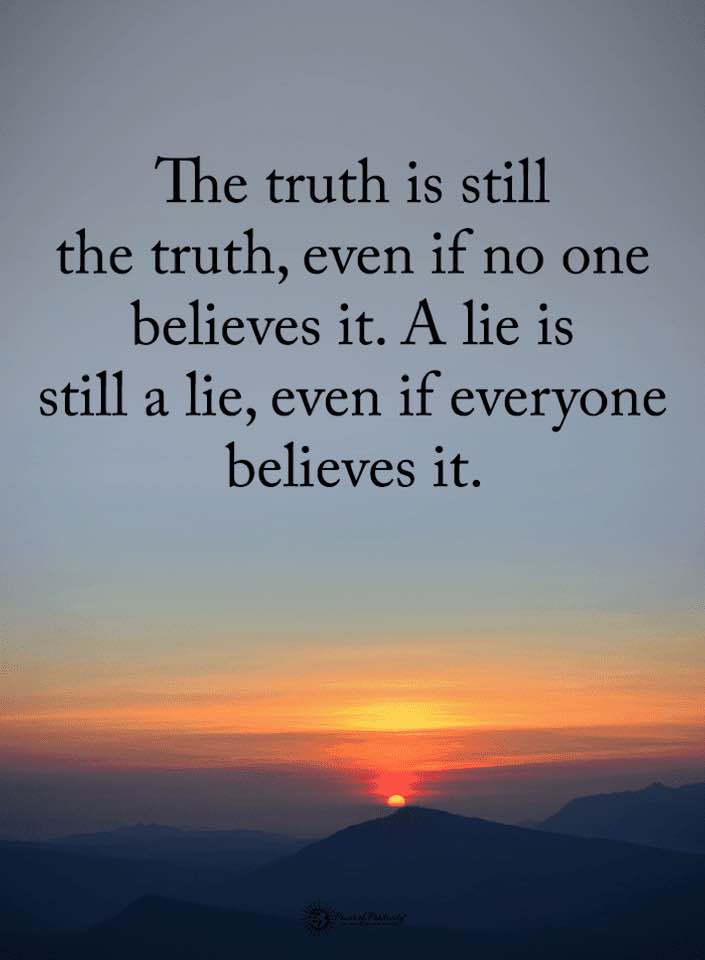Blog
Messier 83 or M83, also known as the Southern Pinwheel Galaxy and NGC 5236, is a barred spiral galaxy approximately 15 million light-years away in the constellationborders of Hydra and Centaurus. Nicolas-Louis de Lacaille discovered M83 on 17 February 1752 at the Cape of Good Hope. Charles Messier added it to his catalogue of nebulous objects (now known as the Messier Catalogue) in March 1781. 14.7ly distant.
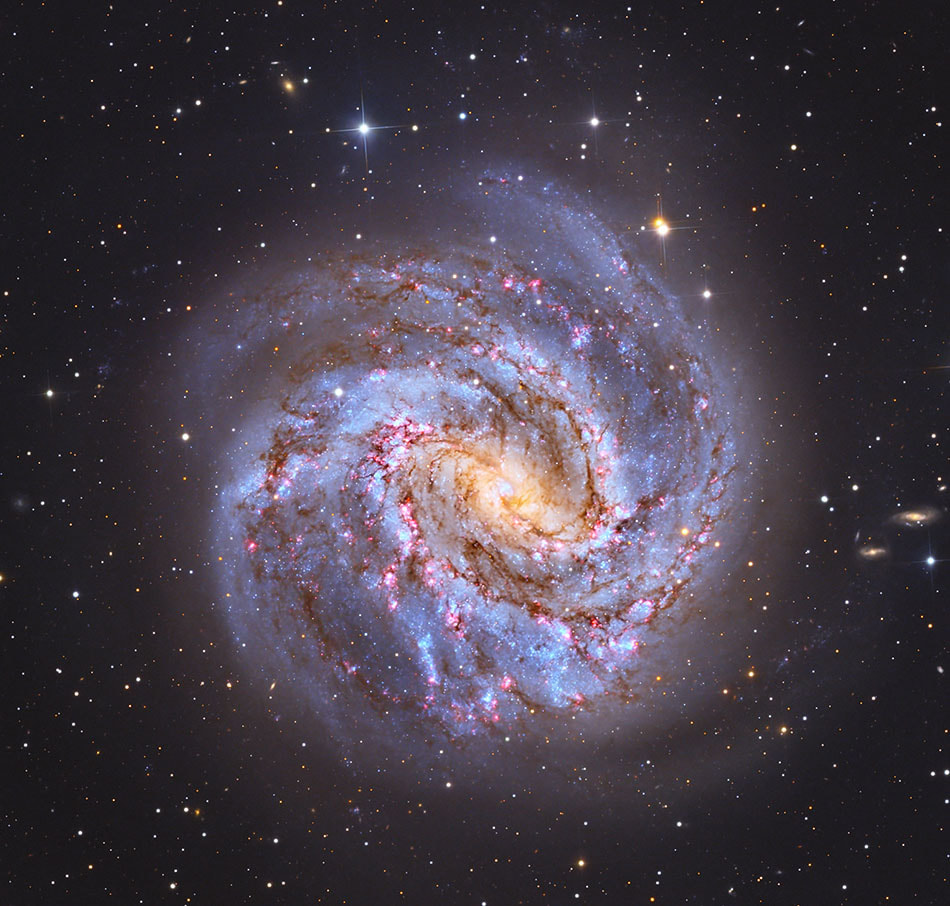
Mary Allin Travers (November 9, 1936 – September 16, 2009 Louisville, KY) was an American singer-songwriter who found fame as a member of the 1960s folk trio Peter, Paul and Mary, along with Peter Yarrow and Paul Stookey. Travers grew up amid the burgeoning folk scene in New York City‘s Greenwich Village, and she released five solo albums. She sang in the contralto range.
more...Solomon Kamaluhiakekipikealiʻikaʻapunikukealaokamahanahana Bright Sr. (9 November 1909 – 27 April 1992) was an entertainer of Hawaiian and Castilian ancestry, who played steel guitar and is most widely known as the composer of Hawaiian Cowboy. He was born one of fourteen children to Hawaiian minister Andrew Laukea Bright and church organist Alike Kekipau Bright in Honolulu.
His early touring years were as part of Sol Hoʻopiʻi‘s Novelty Trio, before forming Sol K. Bright’s Hollywaiians. During this time, Bright also began producing musical shows. After his World War II stint in the U.S. Merchant Marines, he began appearing in films and on radio and television. In his later years he performed regularly in Hawaii before live audiences.
more...Milton Mesirow (November 9, 1899 – August 5, 1972), better known as Mezz Mezzrow, was an American jazz clarinetist and saxophonist from Chicago, Illinois. He is remembered for organizing and financing recording sessions with Tommy Ladnier and Sidney Bechet. He recorded with Bechet as well and briefly acted as manager for Louis Armstrong. Mezzrow is equally known as a colorful character, as portrayed in his autobiography, Really the Blues (which takes its title from a Bechet composition), co-written with Bernard Wolfe and published in 1946.
According to one biographer: “As a juvenile delinquent, [Mezzrow] was in and out of reformatory schools and prisons where he was exposed to jazz and blues music. He began to play the clarinet and decided to adopt the African American culture as his own. He became a ubiquitous figure on the Chicago jazz scene of the 1920s and ran in the circles of musicians that included King Oliver, Louis Armstrong, Sidney Bechet, Jimmy Noone, Al Jolson, Baby Dodds, Bix Beiderbecke, Louis Bellson and many others. [He] was an advocate for the pure New Orleans jazz style.”
more...Kenny Cox (November 8, 1940 – December 19, 2008) was a jazz pianist performing in the post bop, hard bop and bebop mediums. Cox was pianist for singer Etta Jonesduring the 1960s and was also a member of a quintet led by trombonist George Bohannon. By the end of the late 1960s he had formed his own Kenny Cox and the Contemporary Jazz Quintet, which recorded two albums for Blue Note Records before the end of the decade. Cox has appeared as a contributor on various albums, and has also performed live with such musicians as Rahsaan Roland Kirk, Eddie Harris, Jackie McLean, Roy Haynes, Ben Webster, Wes Montgomery, Kenny Dorham, Philly Joe Jones, Kenny Burrell, Donald Byrd, Roy Brooks, Charles McPherson, and Curtis Fuller. During the 1980s he formed the Detroit-based Guerilla Jam Band, a group which performed with Regina Carter, James Carter, Tani Tabbal, Jaribu Shahid, Ralph Miles Jones, Marc Silver, and Craig Taborn. Cox was responsible for the short-lived Strata Records.
He died in his Detroit home of lung cancer at the age of 68.
more...Friday November 8th 2024 6pm Music with Inbal Sharret-Singer, Jayson Rodovsky, Jeff Bailey, Pete Whitman and mick laBriola.
more...Drifting near the plane of our Milky Way galaxy these dusty molecular clouds seem to extend a helping hand on a cosmic scale. Part of a local complex of star-forming interstellar clouds they include LDN 1358, 1357, and 1355 from American astronomer Beverly Lynds’ 1962 Catalog of Dark Nebulae. Presenting a challenging target for astro-imagers, the obscuring dark nebulae are nearly 3,000 light-years away, toward rich starfields in the northern constellation Cassiopeia. At that distance, this deep, telescopic field of view would span about 80 light-years.
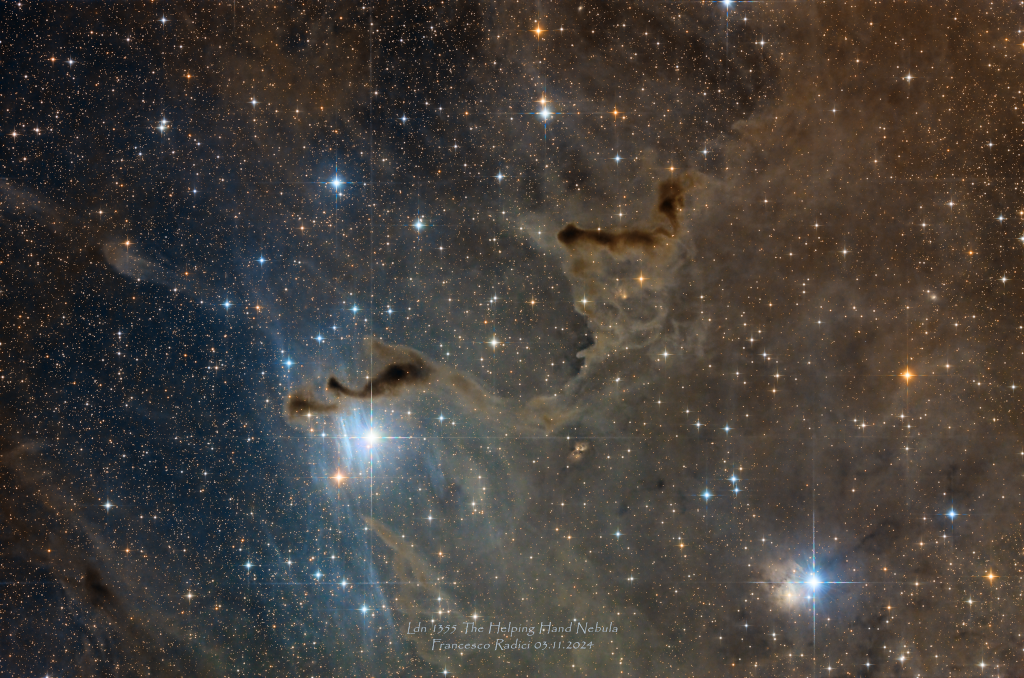
Bonnie Lynn Raitt ( born November 8, 1949) is an American blues rock singer, guitarist, and songwriter. In 1971, Raitt released her self-titled debut album. Following this, she released a series of critically acclaimed roots-influenced albums that incorporated elements of blues, rock, folk, and country. She was also a frequent session player and collaborator with other artists, including Warren Zevon, Little Feat, Jackson Browne, the Pointer Sisters, John Prine, and Leon Russell.
In 1989, after several years of limited commercial success, she had a major hit with her tenth studio album, Nick of Time, which included the song “Nick of Time“. The album reached number one on the Billboard 200 chart, and won the Grammy Award for Album of the Year. It has since been selected by the Library of Congress for preservation in the United States National Recording Registry. Her following two albums, Luck of the Draw(1991) and Longing in Their Hearts (1994), were multimillion sellers, generating several hit singles, including “Something to Talk About“, “Love Sneakin’ Up On You“, and the ballad “I Can’t Make You Love Me” (with Bruce Hornsby on piano). Her 2022 single “Just Like That” won the Grammy Award for Song of the Year.
As of 2023, Raitt has received 13 competitive Grammy Awards, from 30 nominations, as well as a Grammy Lifetime Achievement Award. She ranked No. 50 on Rolling Stone‘s list of the “100 Greatest Singers of All Time“ and ranked No. 89 on the magazine’s list of the “100 Greatest Guitarists of All Time.” Australian country music artist Graeme Connors has said “Bonnie Raitt does something with a lyric no one else can do; she bends it and twists it right into your heart.”
In 2000, Raitt was inducted into the Rock and Roll Hall of Fame. She has received the Icon Award from the Billboard Women in Music Awards and the MusiCares Person of the Year Award from The Recording Academy.
more...Minnie Julia Riperton Rudolph (November 8, 1947 – July 12, 1979) was an American soul singer and songwriter best known for her 1975 single “Lovin’ You“, her five-octave vocal range, and her use of the whistle register.
Born in 1947, Riperton grew up in Chicago‘s Bronzeville neighborhood on the South Side. As a child, she studied music, drama and dance at Chicago’s Abraham Lincoln Center. In her teen years, she sang lead vocals for the Chicago-based girl group The Gems. Her early affiliation with the Chicago-based Chess Records afforded her the opportunity to sing backing vocals for various established artists such as Etta James, Fontella Bass, Ramsey Lewis, Bo Diddley, Chuck Berry and Muddy Waters. While at Chess, Riperton also sang lead for the psychedelic soul band Rotary Connection from 1967 to 1971.
On April 5, 1975, Riperton reached the pinnacle of her career with her No. 1 single “Lovin’ You”. The single was the last release from her 1974 gold album titled Perfect Angel. In January 1976, Riperton was diagnosed with breast cancer; in April, she underwent a radical mastectomy. By the time of diagnosis, the cancer had metastasized and she was given about six months to live. Despite the prognosis, she continued recording and touring. She was one of the first celebrities to go public with a breast cancer diagnosis, but she did not disclose that she was terminally ill. In 1977, she became a spokesperson for the American Cancer Society. In 1978, she received the American Cancer Society’s Courage Award, which was presented to her at the White House by President Jimmy Carter. Riperton died of breast cancer on July 12, 1979, at the age of 31.
more...Russell Lamar Malone (November 8, 1963 – August 23, 2024) was an American jazzguitarist. He began working with Jimmy Smith in 1988 and went on to work with Harry Connick Jr. and Diana Krall throughout the 1990s.
Malone was born in Albany, Georgia, United States on November 8, 1963. He began playing at the age of four with a toy guitar that his mother bought him. He was influenced by B. B. King and The Dixie Hummingbirds. A significant experience for Malone was when he was 12 years old seeing George Benson perform on television with Benny Goodman. Malone was mostly self-taught.
Starting in 1988, he spent two years with Jimmy Smith, then three with Harry Connick Jr. In 1995, Malone became the guitarist for the Diana Krall Trio, participating in three Grammy-nominated albums, including When I Look in Your Eyes, which won the award for Best Vocal Jazz Performance. Malone was part of pianist Benny Green‘s recordings in the late 1990s and 2000: Kaleidoscope (1997), These Are Soulful Days (1999), and Naturally (2000). The two formed a duo and released the live album Jazz at The Bistroin 2003 and the studio album Bluebird in 2004. They toured until 2007.
more...Tango is usually played either por media (on the fifth string in A phyrgian, relative to the capo) or por arriba (on the fifth string in E phyrgian, relative to the capo). Its compas is a simple four-count, with accents on the 2, 3, and 4. This basic count is often grouped in sets of two or four, making for musical phrases in 8 or 16 counts. Though the accents on the 2, 3, and 4 can be combined in different ways, the one count is always de-emphasized.
more...This spectacular intergalactic skyscape features Arp 227, a curious system of galaxies from the 1966 Atlas of Peculiar Galaxies. Some 100 million light-years distant within the boundaries of the constellation Pisces, Arp 227 consists of the two galaxies prominent above and left of center, the shell galaxy NGC 474 and its blue, spiral-armed neighbor NGC 470. The readily apparent shells and star streams of NGC 474 are likely tidal features originating from the accretion of another smaller galaxy during close gravitational encounters that began over a billion years ago. The large galaxy on the bottom righthand side of the deep image, NGC 467, appears to be surrounded by faint shells and streams too, evidence of another merging galaxy system. Intriguing background galaxies are scattered around the field that also includes spiky foreground stars. Of course, those stars lie well within our own Milky Way Galaxy. The telescopic field of view spans 25 arc minutes or just under 1/2 degree on the sky.
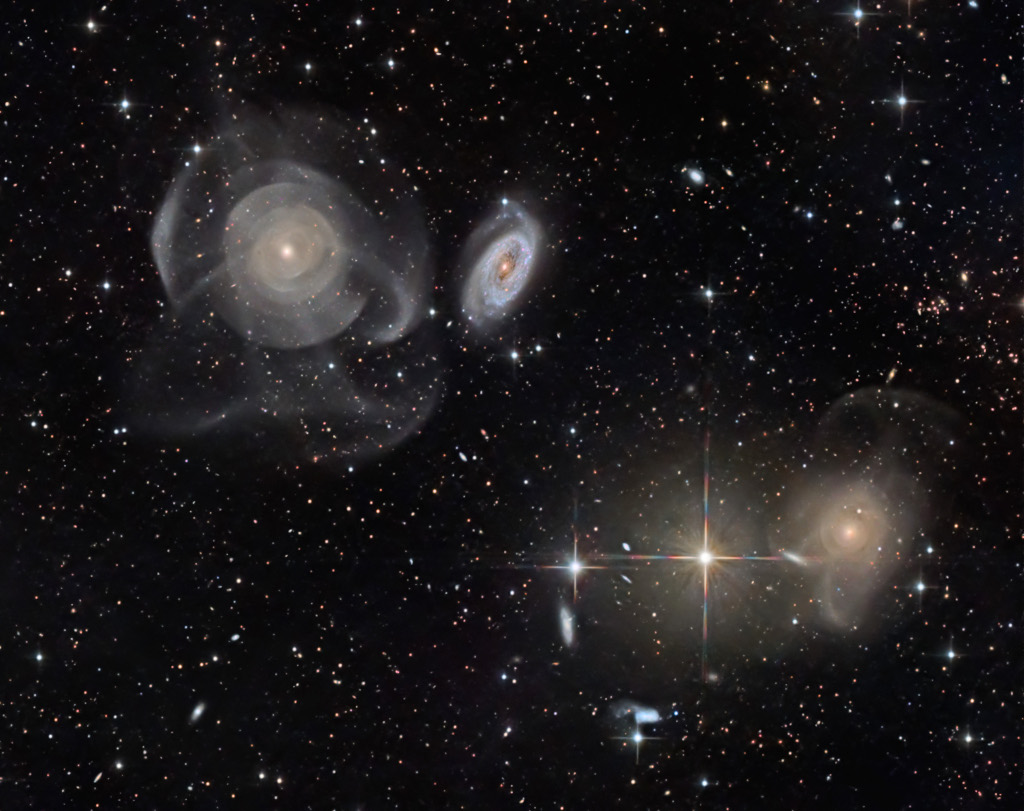
Howard Rumsey (November 7, 1917 – July 15, 2015) was an American jazz double-bassist known for his leadership of the Lighthouse All-Stars in the 1950s.
Born in Brawley, California, United States, Rumsey first began playing the piano, followed by the drums and finally the bass. After jobs with Vido Musso and Johnnie Davis, Rumsey became part of Stan Kenton‘s first band. Rumsey soon left Kenton after an argument. He played with Charlie Barnet and Barney Bigard before taking a short hiatus from music. Following this absence, Rumsey returned to the Los Angeles jazz scene to form the group the Lighthouse All-Stars. For most of the 1950s this group played each Sunday at the Lighthouse Cafe in Hermosa Beach. During its lifetime, the Lighthouse All-Stars were one of the primary modern jazz institutions on the west coast, providing a home for many Los Angeles musicians.
more...More Posts
- World Music with Nadya Giga and Their 101 Candles Orchestra
- Daily Roots with Cornell Campbell
- The Cosmos with the Antares
- Charlie Watts Day
- Ahmed Jamal Day
- World Music with Mamady Keita
- Daily Roots with Leroy Smart
- The Cosmos with IC 5332
- Leon “Ndugu” Chancler Day
- James Cotton Day
- Willie Dixon Day
- World Music with Music Maya Aj
- Daily Roots with Horace Andy
- The Cosmos with Trapezium Cluster
- Stanley Clarke Day
- Andrew Hill Day
- World Music with Nico Kasanda
- Daily Roots with Hortense Ellis
- The Cosmos with M24
- Gilberto Gil Day
